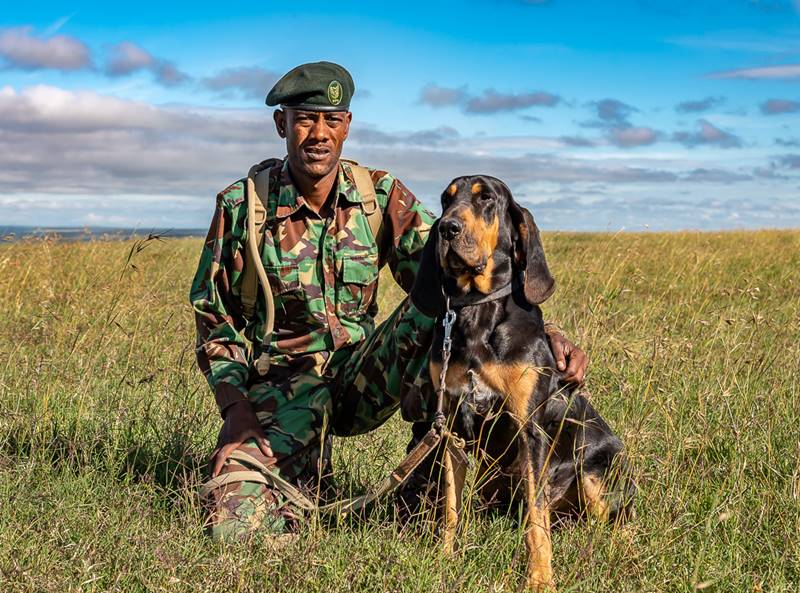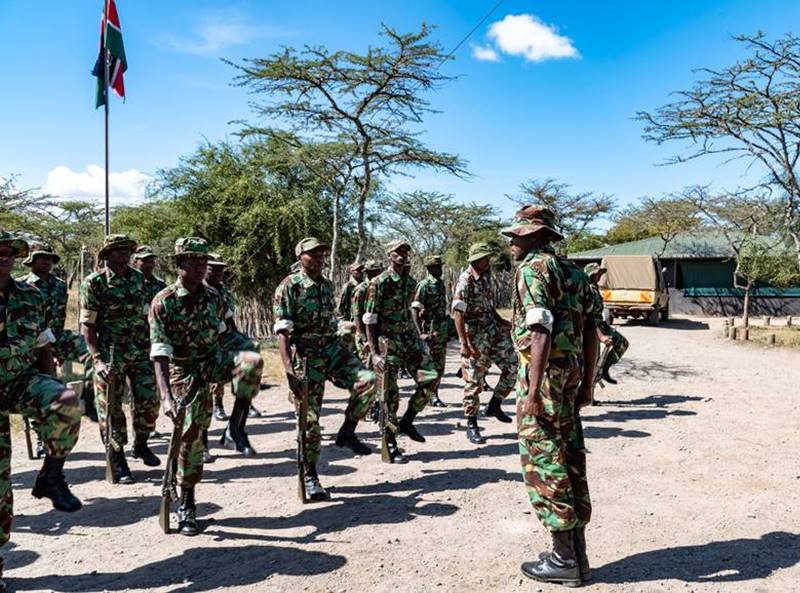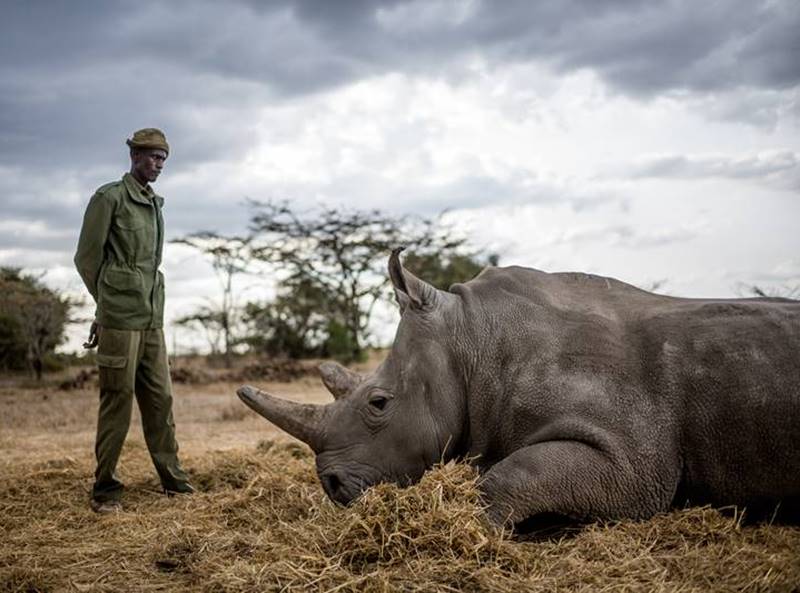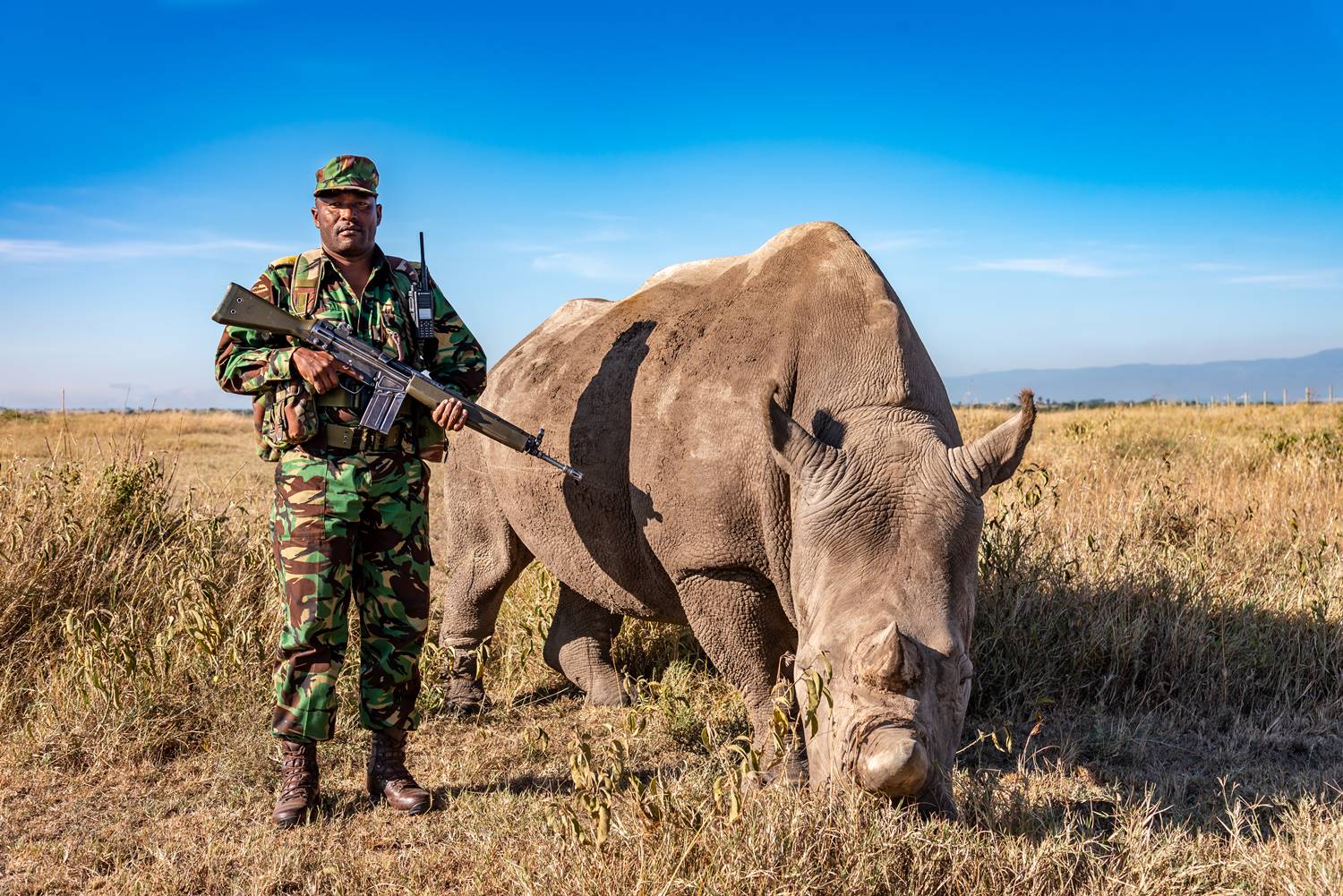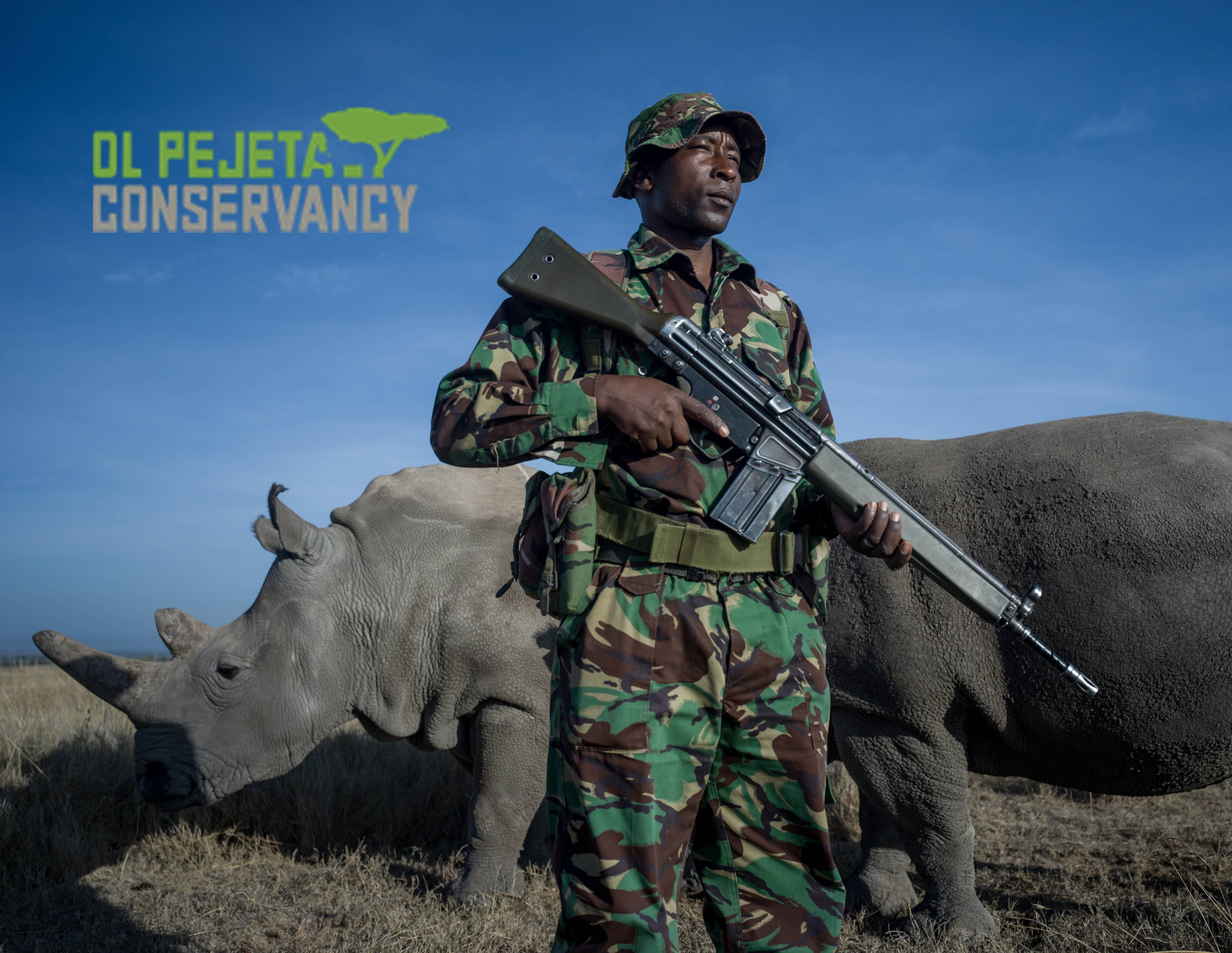
Fundraising target: £2,100 +
Funds donated: £6,500 GBP
Project: support for Ol Pejeta’s anti-poaching units. This is one of 21 projects nominated for our 21 For 21 programme.
21 For 21 Project Partner: Ol Pejeta Conservancy
Ol Pejeta Conservancy works to conserve wildlife, provide a sanctuary for endangered species, and to generate income through wildlife tourism and complementary enterprise for reinvestment in conservation and communities.
Find out more about Ol Pejeta Conservancy. Set up a 21 For 21 Fundraising Page.
About Ol Pejeta Conservancy
Ol Pejeta is the largest black rhino sanctuary in East and Central Africa, and home to the world’s last two northern white rhinos in the world. It is the only place in Kenya to see chimpanzees, in a sanctuary established to rehabilitate animals rescued from the black market. It has some of the highest predator densities in Kenya.
Ol Pejeta also supports the people living around its borders, to ensure wildlife conservation translates to better education, healthcare and infrastructure for the next generation of wildlife guardians. Ol Pejeta’s integrated approach to sustainable land management is a globally important example of balance; showing that wildlife and habitat conservation can happen alongside, not in spite of, meeting the employment, nutrition and livelihoods needs of people, and creating new opportunities for innovation and science.
Wildlife
Ol Pejeta is home to more than 13,000 wildlife species at any one time; from big cats, elephants and antelope to a diverse array of birds. Using the latest technology to monitor species populations, and smart fencing techniques that allow free movement of migratory wildlife, Ol Pejeta prides itself on being at the cutting edge of conservation innovation.
Rhino Conservation
Ol Pejeta is home to the world’s last remaining two female northern white rhinos, and a sanctuary for more than 140 critically endangered black rhinos. The conservancy employs highly trained rhino protection teams, partners with international veterinary experts and ensures data is gathered regularly on each individual animal. Steps like these ensure they remain a role model for rhino conservation in East Africa.
Anti-Poaching Unit
Ol Pejeta has two wildlife protection squads – The National Police Reservists (NPR team) and the Rhino Patrol Unit. The two operate independently, but cooperate during key operations, and share intelligence.
Rangers with NPR status are allowed to carry government-authorised firearms, after undergoing paramilitary training. Ol Pejeta’s NPR team are on the frontline against poachers, but while their primary focus is wildlife protection, they also play a crucial role in assisting local communities and police with livestock theft, or human/wildlife conflict situations. The NPR team also operates a full-fledged dog unit; with highly trained dog handlers.
Explorers Against Extinction funded Drum (pictured), through Sketch for Survival 2017. Drum is a conservation arms and ammunition Spaniel working in this unit of six dogs which also includes bloodhounds and Dutch Malinois breeds – all the dogs were trained with the help of Daryll Pleasants of Animals Saving Animals, who we have also worked with on a number of occasions.
Each of the dogs has a different specialty – from tracking the scent of a poacher, to detecting ammunition and apprehending potential suspects.
Current Threats
Ol Pejeta’s operations have been on the brink of collapse as a result of COVID-19. The pandemic has decimated tourism revenues, the life-blood of OPC’s day-to-day operations.
Without alternative sources of revenue, they may no longer be able to sustain the levels of security needed to safeguard their black rhino population, or indeed many of the other species that find refuge on Ol Pejeta. Tourism funds most of their conservation and community outreach work and directly impacts OPC’s core functionality.
OPC need support in order to continue protecting endangered wildlife and maintaining zero poaching levels, and to provide for hundreds of staff and the wider community that rely upon the conservancy.
It costs around $150 per dog per month to feed the dogs to keep them in top physical shape for their daily patrols, and approximately $50 for monthly veterinarian check-ups. $40 helps buys a month’s food ration for the rangers and $600 will pay a ranger’s salary for a month.
21 For 21 Funding will go some way to supporting the anti poaching unit so that they can continue to protect wildlife.
Visit OPC through our responsible travel network.
Images courtesy of Justin Mott, Ol Pejeta Conservancy.
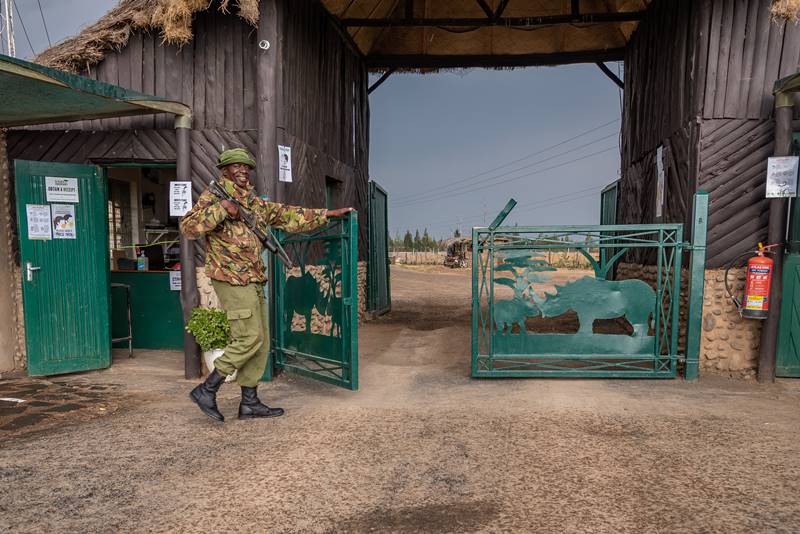
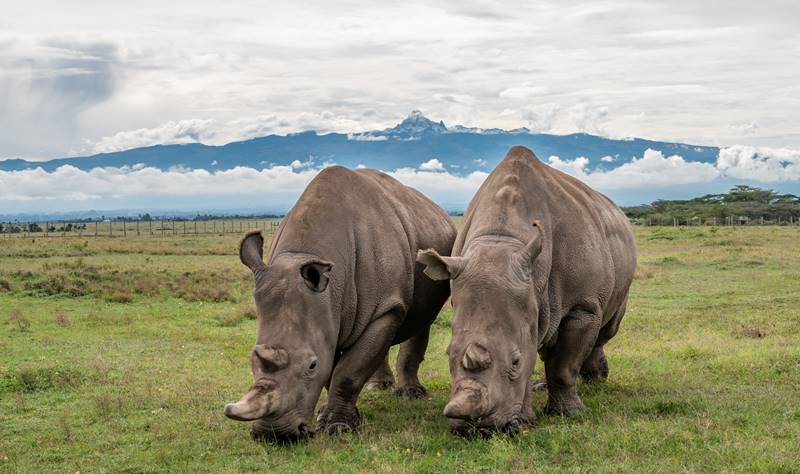
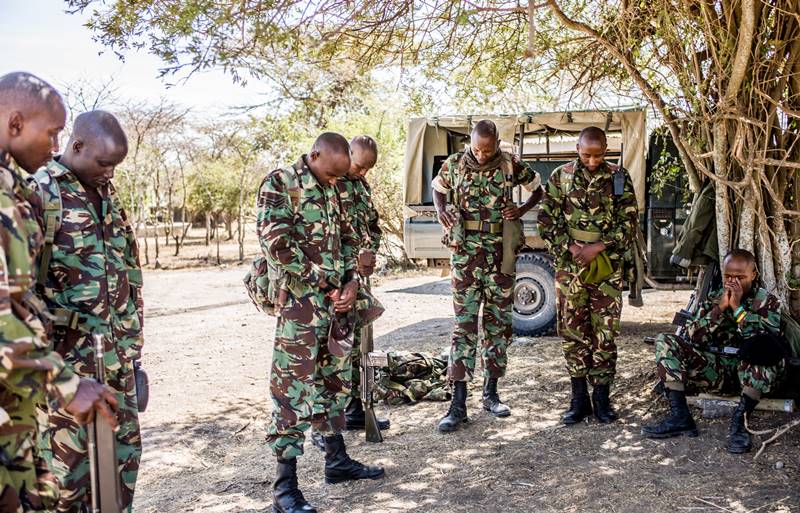
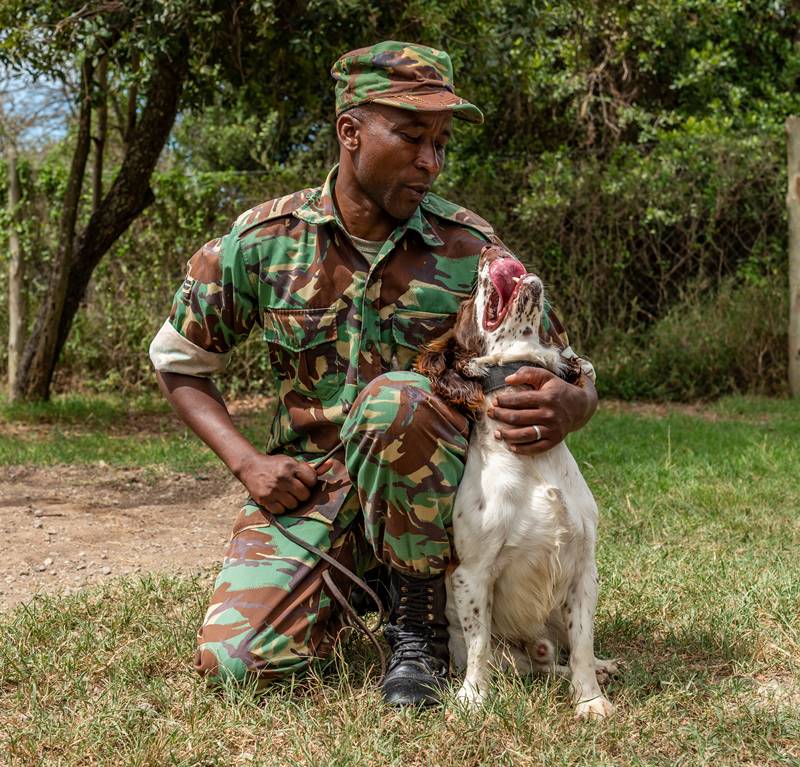
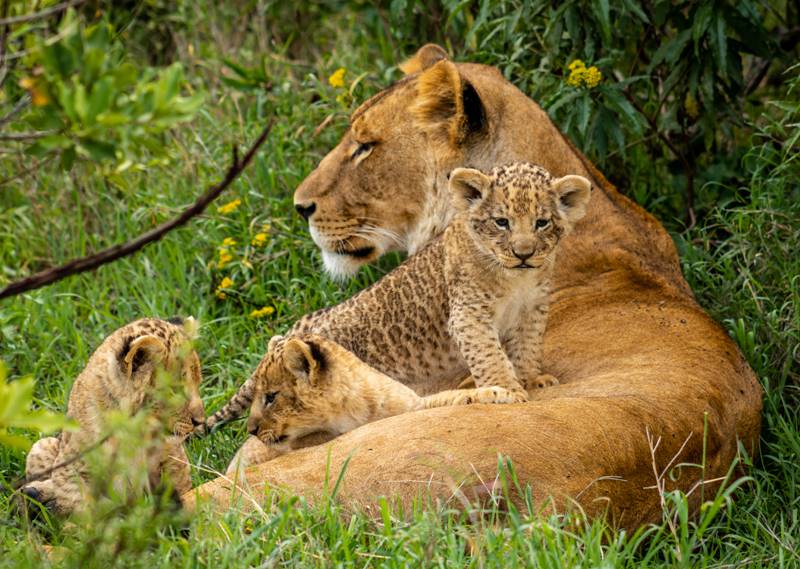
All funds raised during 2021 will contribute to the 21 For 21 Project Fund so please do sign up for an active challenge (ideas here), support our creative initiatives here, or make a donation if you are able to. Every Pound makes a difference. Thank you.
